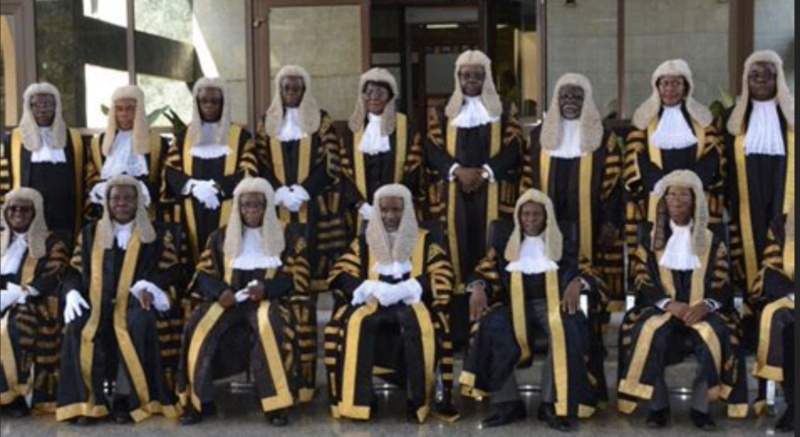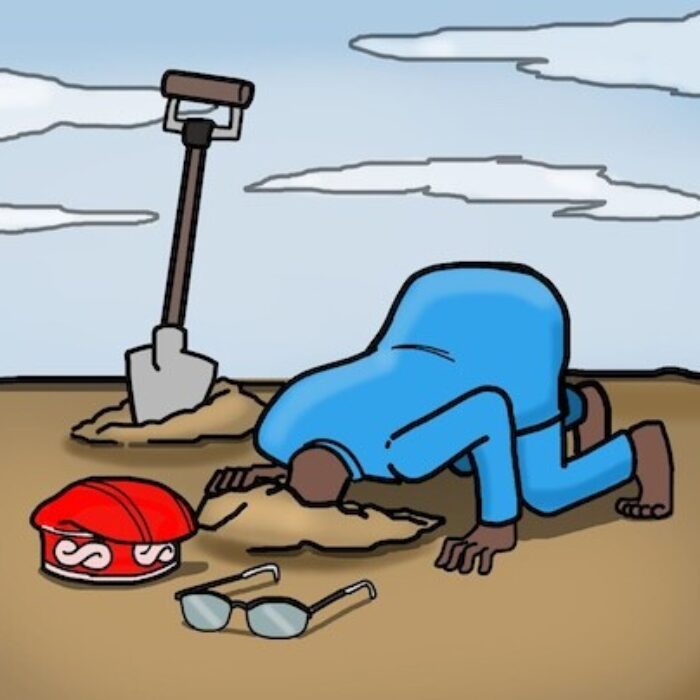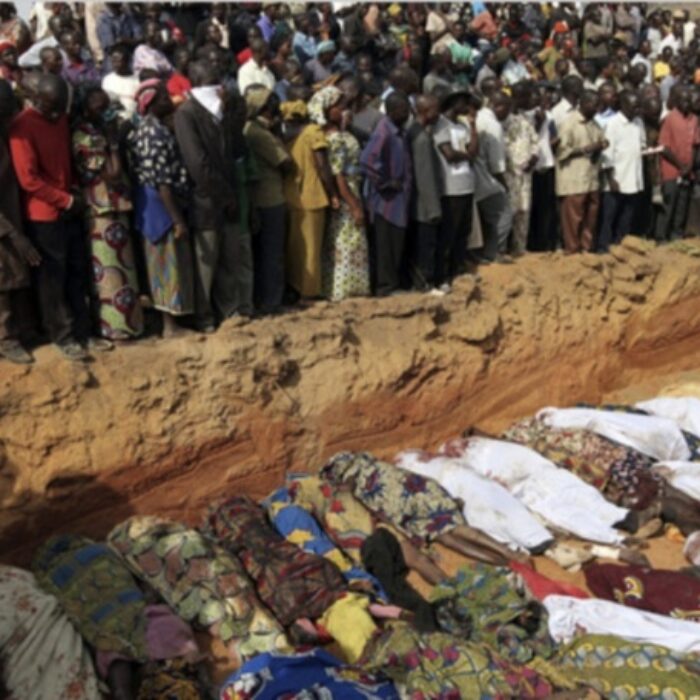By The African Mind Journal Legal Experts
Let’s assume for a moment that no one is above the law in Nigeria and the court system is fair, just and uncorrupted.
With this assumption in mind, Obi and Atiku will only be able to mount a robust legal challenge in the election tribunal and/or courts (they have 21 days from when results were announced by the Independent National Electoral Commission (INEC) to file a complaint) if and when all the result sheets are uploaded into BVAS servers AND they can compare the original handwritten and photographed result sheets (party reps at each polling and collation center took pictures of the handwritten result sheets) with those uploaded into BVAS.
If there’s relevant and material (these are two key words) vote count difference between the polling and collation (handwritten and photographed) result sheets and the ones uploaded into BVAS such that: (1) the absolute count difference shows it disadvantaged Obi or Atiku or (2) it advantaged Tinubu at the expense of Obi or Atiku or both, then the presidential result announced by the INEC will be deemed invalid and likely to be overturned by the tribunal and courts. Only then will Nigerians know the rightful and legitimate winner or whether there will be a rerun of the presidential election.
In aggregate, the discrepancy between the photographed result sheets and the BVAS results output is not enough argument constitutionally to invalidate the presidential results announced by the INEC. The difference must be material to swing the total votes in favor of one of the appellants – Obi or Atiku or none of the three – in which case they likely will have a rerun.
That is, if the aggregate discrepancy between photographed result sheets and BVAS results output is not enough to cause Atiku or Obi to overcome the 2 million (Atiku) and 2.7 million (Obi) vote difference with Tinubu, then the result announced by the INEC will likely stand and Tinubu will likely be the next president.
However, if the count discrepancy is enough to swing the election result to Obi or Atiku, then Tinubu will likely not be the next president. If no one wins outright (25% of votes in two-thirds of 36 states and the FTC, plus the popular votes cast nationwide), then a rerun is the likely outcome.
The question of legal interpretation of the constitutional requirement for winning the presidential election rests on the meaning of the AND in the statement: “25% of votes in two-thirds of 36 states AND the FTC”. Only the Nigerian Supreme Court will provide the answer to the constitutional question of whether winning the FTC is a constitutional requirement for a candidate to win the presidency, in addition to the other requirements. If winning 25% of votes in two-thirds of 36 states AND the FTC is the constitutional requirement, then it is highly likely that Tinubu’s president-elect announcement by INEC, as it stands, will be nullified by the Supreme Court.
Election irregularities is another ground for appeal. But the burden of proof is too high to demonstrate with evidence that voter and INEC staff intimidation and harassment, vote buying and suppression or damaged voting machines and ballots, etc. were widespread, and responsible for the lowest voter turnout – 27% – since 1999, and combined were consequential to the outcome of the election in states where the appellants were favored to win but did not. The probability of Obi or Atiku winning a court case on this ground is not zero, but not high either.
Not uploading results into BVAS on time is likely not an evidence of election crime but certainly a means to a crime but only when election crime has been established to have been committed. Finding relevant and material difference between photographed result sheets and BVAS result output is likely a crime and the alleged delay in uploading into BVAS could then be argued legally as a means to the election crime alleged.
You can help. If you have any useful photographic evidence or any other reliable evidence of election irregularities or fraud in your polling unit or collation station, preserve it and upload it to the online evidence collection websites established by the parties.
You must do so immediately because the opposition has less than 21 days to file its complaint with material evidence of wrongdoing in the election process and outcome. Do your part as a citizen to preserve Nigeria’s representative democracy.




